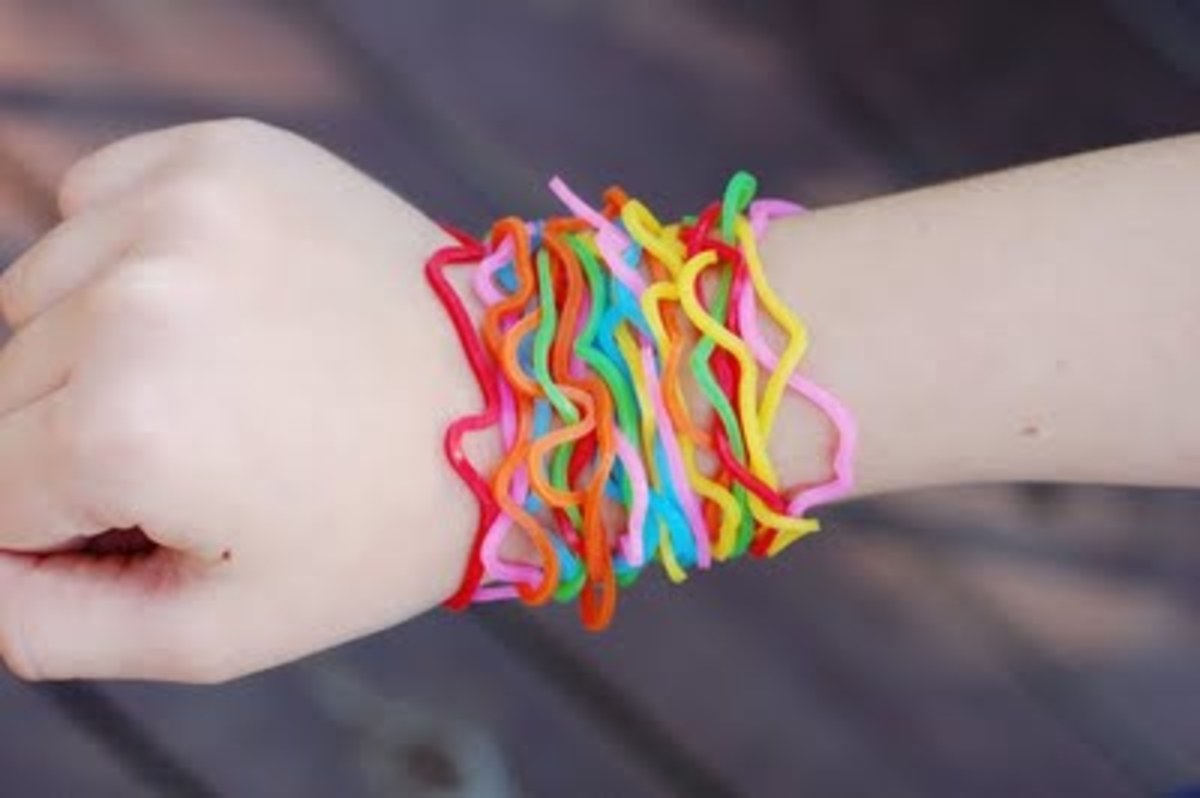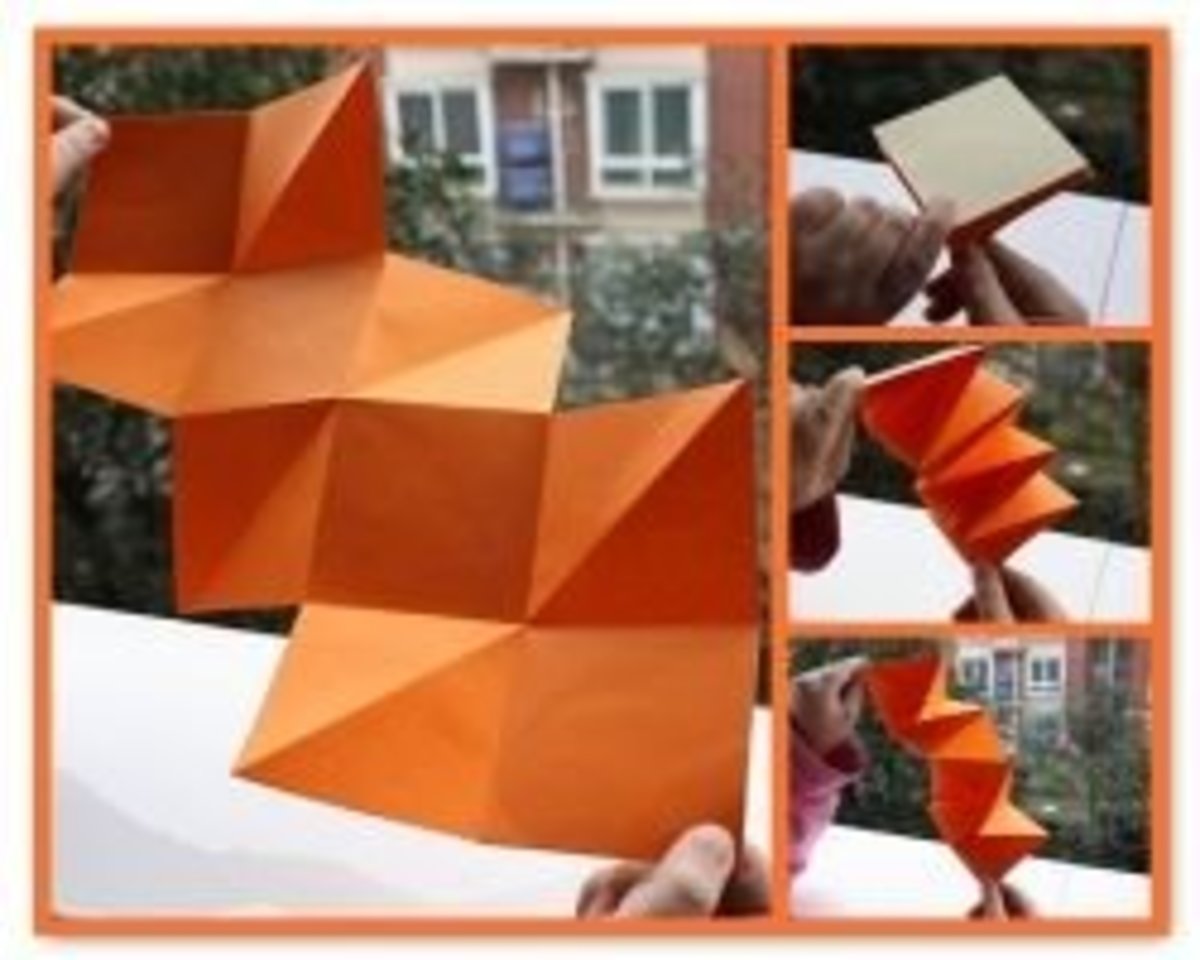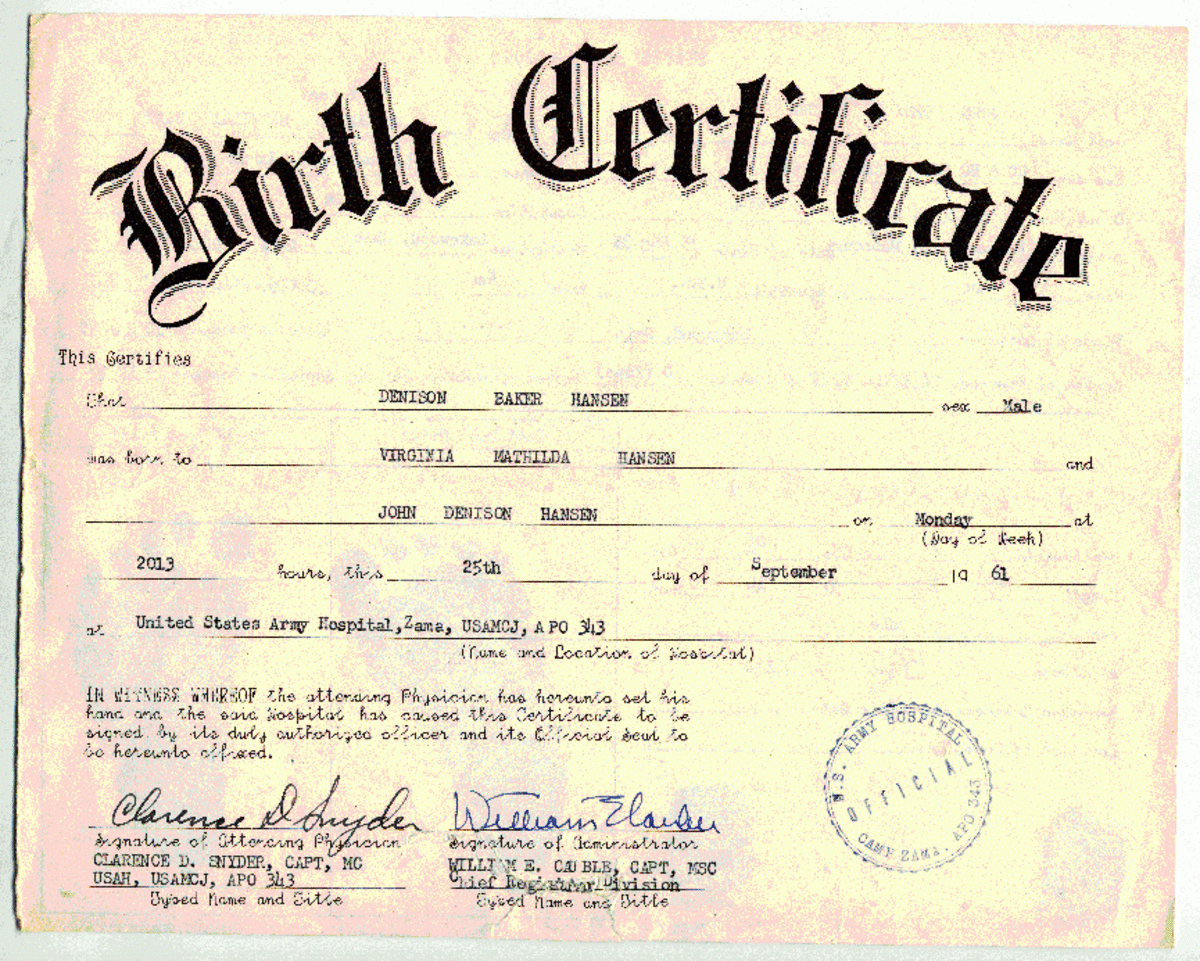The Screenless Summer: How Kids Had Fun Learning Before Computers
Too much computer time?
Parents all over America are looking for ways to occupy their children this summer with activities that are educational and fun. Computers have many suggestions for them. It is with a twinge of misgiving that many parents resign themselves to allowing their kids to use computers, video games, cell phones, and the Internet for an average of seven hours a day. That’s an average. Many kids are in front of screens for longer periods of time, especially when school is not in session.
So what’s wrong with so much computer time? The kids are using electronic media in schools for research, writing, educational games, and standardized test taking. All this time online during the summer will give them a head start on academics in the fall, right? Actually, children may develop disorders from excessive screen time, according to the American Academy of Pediatrics. These include obesity, difficulties focusing their attention at school, and eating and sleep disorders. As most parents are aware, children using the Internet without proper supervision can be vulnerable to online predators. None of this sounds like much fun.
The time before computers
Behold! I come to you from a time when there were no computers. I won’t presume to call this time “the good old days,” for there were many inconveniences associated with growing up when I did, in the 1950s. We had to find a heavy phone book to look up phone numbers, for example. There was only one telephone in the house and it was black and tied to the wall by a cord. Television in the Cleveland, Ohio, area where I lived offered only three channels and they weren’t broadcasting all the time. We weren’t allowed to watch television anyway, except for special programs like “The Wonderful World of Disney” which came on once a week. The TV at my house was a black and white model, the kind everyone in our neighborhood had, so even Disney’s song, “The World is a Carousel of Color,” came to us in dazzling shades of gray.
Somehow, we survived! Summers were actually longer then, as we ended the school year on Memorial Day and did not return to school until after Labor Day. The summer days stretched out before us with mystery and possibility. This was not an era in which my mother felt any compunction to impose educational opportunities on my siblings and me. This was the era of, “Find something to do.” The “something” was understood to be something outside the house, costing no money, and which neighbors would not complain to her about later.
Great freedom, great risk
And find things to do, we did. No doubt, we were more easily amused than the kids of today. For example, I loved to sit in our unpaved driveway with a hammer and a bucket of water. I would take ordinary-looking rocks from the driveway and bust them open with the hammer. Then I would dunk the chunks in the water bucket, revealing the beautiful inner composition of crystals, layers, veins and colors in rocks that had appeared so plain on the outside.
“What?” you are saying. “A child was allowed to bang on rocks with a hammer, without so much as safety goggles?” That’s right. Looking back, I’ll have to agree that much of what we did as kids was dangerous, but safety didn’t seem to be as big priority then as it is now. We didn’t wear helmets when we rode our bikes or knee pads when we roller skated. As long as we did our chores, like washing the dishes and cleaning our rooms, we were allowed to spend summer days outside, unsupervised, for hours at a time. No one would even think about looking for us unless we didn’t show up for dinner. My siblings and I were all under the age of ten at that time. It was a different time of great freedom and yes, great risk.
Finding out things on our own
My father believed in putting names to things one discovered, such as the insides of my ugly rocks. We had pocket field guides to just about every natural topic, including rocks and minerals, birds, trees and stars. Thanks to Herbert K. Zim, who must have been a super scientist because he wrote just about all of the pocket guidebooks in the 50s, I learned about conglomerate, sedimentary, and igneous rocks. I knew the difference between reptiles and amphibians, and I even knew that baby newts were called efts. I could point out the belt of Orion in the night sky.
My dad gave me a pair of binoculars and I would take that and Zim’s guide to birds out in the field next to our house at sunrise. I would lie down in the grass and watch for birds. When I saw them, I would look them up in the guide and write down their names in a little notebook that I brought along. I began to recognize their songs. I sometimes sketched birds I could not identify, poring over the bird guide later to find them. Parents weren’t urging me to do any of this. They provided us with simple reference materials and simple tools, and then they let us find out whatever we could on our own.
Fun with books
I was allowed to go to the community library on my own beginning at the age of seven. I knew how to cross the street, despite the absence of crosswalks or electronic pedestrian warning signs, which hadn’t been invented yet. The freedom I enjoyed in walking to the library abruptly ended once I got there. Librarians then, unlike the media specialists of today, were more concerned with protecting the books from children than with putting books into children’s hands. I would choose a book, take it to the librarian’s desk and she would look at me and at the book. Then, often, she would peer over her glasses at me and say, “This book is too hard for you.” I knew better than to argue. I would walk back to the shelf and carefully replace it. Then I would scout around for someone I knew who was a little older to check out the book for me. In this way, I was able to access the books that interested me. Sometimes, they were too difficult. But we had a big book in our house called a dictionary. Just about any word you needed to know was in there.
We spent time in the summer reading aloud to each other. My sisters and my brother liked having me sit with them and read, even if they had no idea what it was that I was reading. I don’t think, even now, any of them will recall hearing me read Ivanhoe to them. But it was a nice thing to do in the afternoons when it got so very hot outside and everybody felt a little sleepy.
Fun and games
Learning is not just about books, of course. We did so many other things in the summertime. We jumped rope. We rode our bikes. We had bicycle and foot races. We climbed trees. We turned rocks over in the stream to see if we could find crayfish. We turned over rocks in the woods and looked for toads, salamanders, and newts. We played Statues and Red Rover and countless variations of Tag. Toward dusk, we’d play Hope to See the Ghost Tonight, which was mildly scary. We played board games, especially Monopoly.
Our Monopoly games were usually just one long marathon game. We would start playing as soon as school was out and continue the game for weeks. Players who were bankrupt were able to borrow money from the bank, as we played fast and loose with the official Monopoly rules. In that way, we were able to keep going. The board was set up in our basement, where it was cool in the summer. Whenever we got too hot outside, we would come in and play for an hour or so. Then we might leave the game for a day or a week and return and resume the game whenever the temperature exceeded ninety.
We played a lot with words. It was the fashion to talk in code, such as Pig Latin. For those unacquainted with this language, it consisted of removing the beginning sound of a word and saying the remainder of the word, adding the beginning sound with the syllable “ay” attached at the end. So, “pig” becomes “ig-pay” and “Latin” becomes “atin-lay.” Conversations in Pig Latin are more or less gibberish, but they did give us lots of practice working with beginning sounds of words. Finding the beginning sounds of words is a literacy exercise students are made to do in school now, but we did it because it was fun.
Sometimes, we played memory games. One old chestnut was My Father Owns a Grocery Store, which required players to name something starting with a certain letter of the alphabet while going back and reciting what every other player had said previously. Try it yourself and see. It’s not easy to remember a grocery list of items from A to Z, but it is extraordinarily good for your memory. Today, we might consider canceling our subscriptions to Luminosity online and instead, playing the game about Dad’s grocery store.
Our favorite game
Each family in our neighborhood only had one car then, and Dad was the one using it to go to work. So there was no question of kids being shuttled to each other’s houses and no one then seemed to have money for lessons. Our summers in those days were full of variety but we had to use our own creativity to decide what to do each day.
Toward the end of summer, we actually forgot enough about school to feel nostalgic about it. Our favorite game in August? You guessed it. It was playing School.
References
American Academy of Pediatrics, “Media and Children”, www.aap.org, 2014





